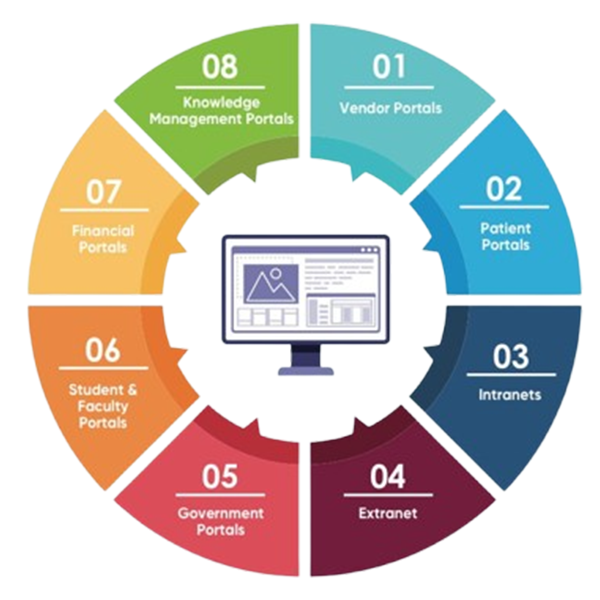Web Portal Development: Connecting Users with Information and Services
In today’s fast-paced world, businesses, organizations, and individuals need efficient ways to connect with their audience and provide valuable information or services. A web portal does exactly that. It serves as a centralized platform where users can access various resources, tools, and services in one place. Whether it’s for internal use within a company or to serve customers online, web portal development has become an essential part of modern business strategy.
But what exactly is web portal development, and how can it benefit your business?
What is a Web Portal?
A web portal is a specially designed website that brings together information from various sources, offering users a one-stop shop for content and services. Unlike a regular website, which might simply display information, a web portal is interactive and allows users to access a wide range of features.

